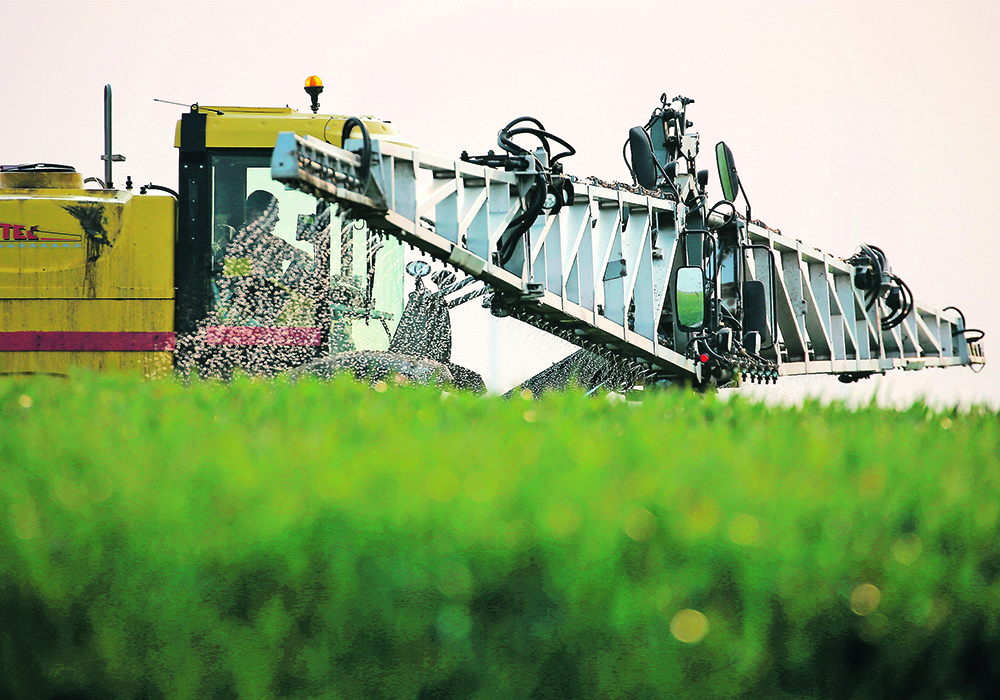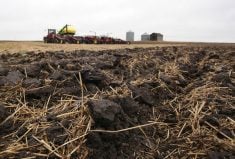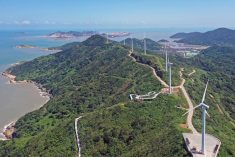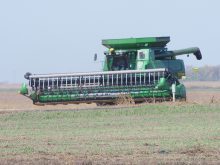From the European Union to Mexico, producers push back against gov’t policies they say do not make scientific sense
CHARLOTTETOWN, P.E.I. — Farmers from across Europe and North America are pushing back against government policies they say are not science-based.
Lloyd C. Day, deputy director general of the Inter-American Institute for Co-operation on Agriculture, said farmers know that policies such as the European Union’s Farm to Fork initiative will not work.
He said the notion that they can curb emissions while cutting pesticide and fertilizer use and increasing organic production is false and will cause farmers to lose their businesses.
“Those emissions are going to other countries where they’re not going to produce as efficiently as they do in Europe, so it makes no sense in terms of the global environmental perspective to take away a good farmer’s ability to produce,” Day said in an interview after a presentation at the North American, European Union Agricultural Conference.
Read Also
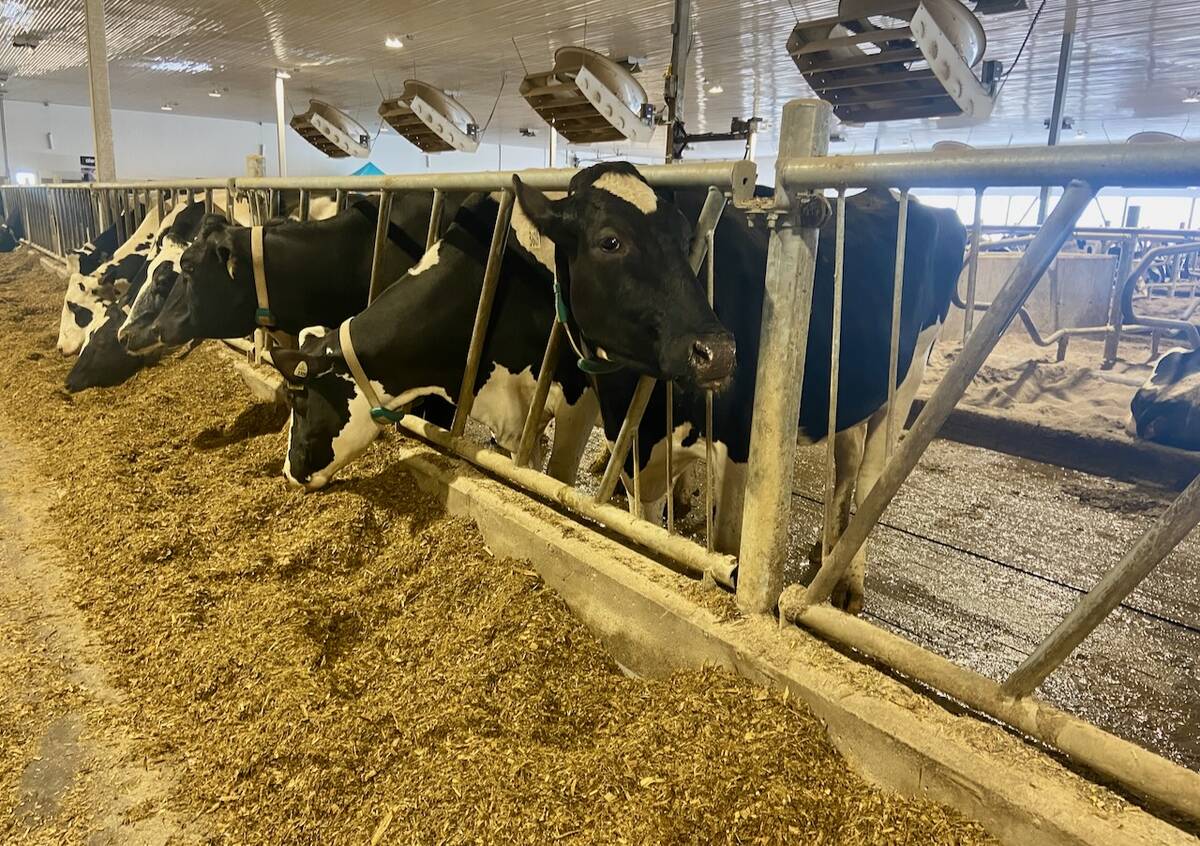
U.S. farm group supports supply management
U.S. grassroots farm advocacy group pushing new agriculture legislation that would move towards supply management like Canada has for dairy industry
“Then they’re telling the rest of the world that you must comply with what we’re doing without taking into consideration the local environment in which those folks are producing. Not to mention the level of subsidies that, say, European farmers receive compared to farmers in the Third World.”
He said European institutions are responsible for much of the research and scientific evidence of practices, yet the EU won’t approve them.
“It’s a huge problem and the world is waking up to it. Countries are coming together,” he said.
European farmers at the conference agreed, saying they had to get governments and consumers onside.
Christiane Lambert, president of COPA, the organization representing 22 million European farmers, said policies should support the strategic goal of food security.
She said society and politicians are “detached” from real agriculture.
“Sometimes they impose contradictory expectations on us,” she said.
European food production is already dropping and since 2019 both COPA and COGECA, its partner that represents agricultural co-operatives, have been warning about that, Lambert said.
The EU is a net exporter that has a role to play in feeding countries that are food insufficient, she said.
“Trade partners say it is unsustainable to lower production in Europe,” she said.
Farmers are counting on scientific research and technology and she and other delegates said they need to look at all the tools available to maintain and increase production.
“At the moment there’s too much criticism being exercised about GMOs,” she said through an interpreter. “The dialogue with society is very far from the reality of this situation.”
Lambert added that robotics, genomics and digital technologies are all required to make progress.
Marco Galindo, director of economic studies at Consejo Nacional Agropecuario, said 80 percent of Mexican farmers are small operators who are also asking about barriers imposed by government.
“It’s not due to lack of awareness. It’s policy and politics which is impeding (adoption),” he said of new technology that could help them be more sustainable.
He said declining production is exacerbated by consumption patterns, climate change, market volatility, input costs and geopolitical conflict.
Galindo said farmers have to be able to boost production on existing land bases but they are facing higher costs, more risk and bans on certain production methods.
Lambert said technology has to be approved and used because the climate is changing quickly and farmers are increasingly more exposed.
“We’re counting a lot on scientists and researchers,” she said.
Government-implemented green policies will come with a higher price tag.
“Food can’t continue to be cheaper in the supermarkets while we’re also paying less to producers,” she said.
Day said European farmers are going to have to comply with the regulations and momentum is growing in the Americas to try to work with EU farmers and governments.
The region’s goals must be based on science, “not political science, not on ideology, but the actual science that they can’t just reject.”
The rest of the world is unlikely to adopt Europe’s policies, Day added, as science continues to evolve.
“We’re going to have a revolution in agriculture and it’s going to be based on science and innovation and technology and it’s going to be fantastic,” he said. “Let’s just hope that our governments, all of them, not just Europe but ours as well, will be able to embrace this, allow it to come to the marketplace.”


